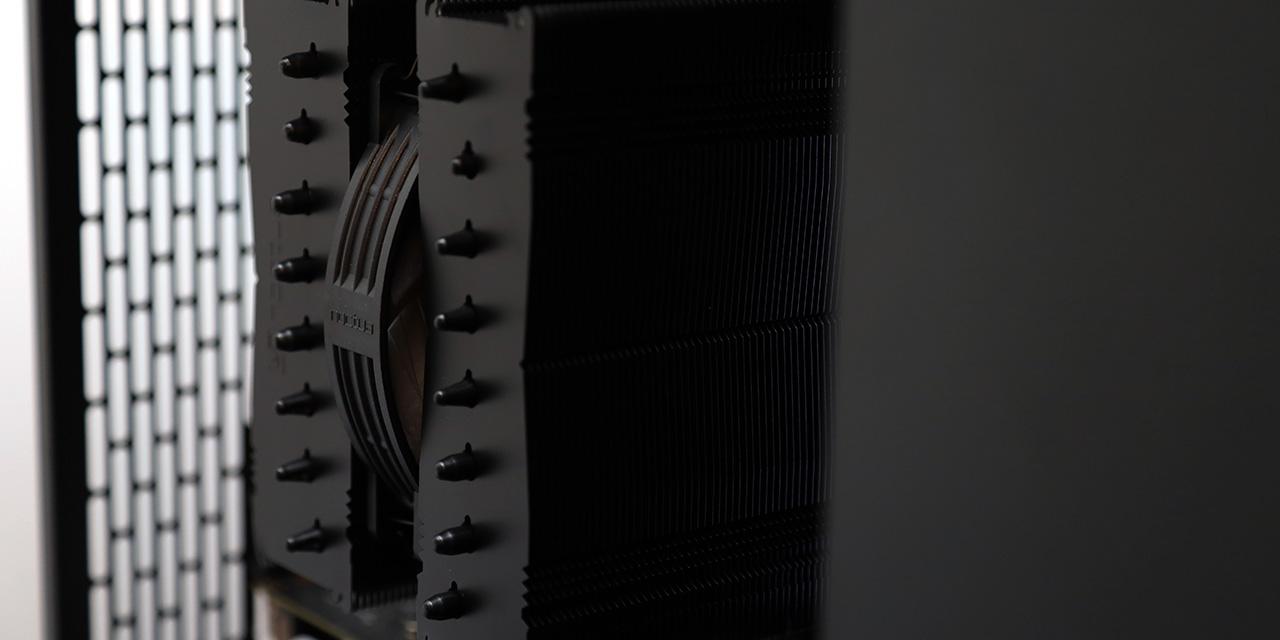Page 10 - Conclusion
The Lexar NQ780 4TB on paper looks like a strong contender in the budget field. At the time of the review, its price of $220 is great, especially given the specifications. In addition to its quoted peak read and write numbers, the rated endurance of 2400TBW and five-year warranty is quite attractive. This is especially surprising given its use of QLC-based NAND flash, which traditionally has worse endurance. We have expected omissions like not having DRAM and the use of host memory buffer to compensate. When it comes to performance, the Lexar NQ780's economy nature becomes more apparent. In synthetic tests, the NQ780 4TB was able to surpass its quoted speeds, reaching 6500MB/s in write and 7400MB/s in read in Crystal Disk Mark. Other simulation results were also solid in linear, buffered, or random reads. However, its smaller sized transfers were a bit less impressive. In real-world simulation tests, we saw more issues in medium workloads. Worse yet, testing application loading and file transfer in PCMark 10 and 3DMark resulted in numbers well below other drives at a comparable price point. Overall, the Lexar NQ780 4TB will allure potential customers with its strong write endurance and proper price for its capacity. However, its performance in real-world usage should be improved to make it a worthwhile option in the wallet-friendly field.

Lexar provided this product to APH Networks for the purposes of evaluation.
Since April 30, 2007, Number Ratings have been dropped for all CPUs, motherboards, RAM, SSD/HDDs, and graphics cards. This is to ensure the most appropriate ratings are reflected without the inherent limits of using numbers. Everything else will continue using the Number Rating System.
More information in our Review Focus.
The Lexar NQ780 4TB is a QLC-based NVMe SSD with a surprisingly good write endurance, but has performance that matches its budget price.
Page Index
1. Introduction, Packaging, Specifications
2. A Closer Look, Test System
3. Benchmark: AIDA64 Disk Benchmark
4. Benchmark: ATTO Disk Benchmark
5. Benchmark: Crystal Disk Mark 8.0
6. Benchmark: HD Tune Pro 5.70
7. Benchmark: PassMark PerformanceTest 11
8. Benchmark: PCMark 10
9. Benchmark: 3DMark
10. Conclusion





